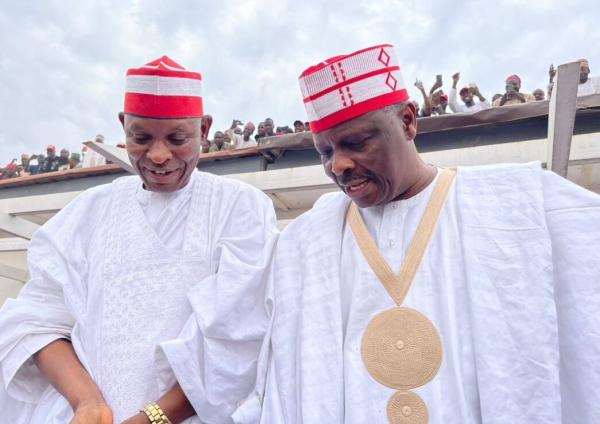
Minister of Environment, Mrs. Amina Mohammed
The Minister of Environment, Mrs. Amina Mohammed, yesterday stated that climate change may cost the nation as much as $460 billion, or 30 per cent of its GDP, by 2050.
She lamented that the impacts of the phenomenon were daily threatening the livelihoods of everyday Nigerians, with 70 per cent of Nigeria’s population relying on climate-sensitive activities for their income such as rain-fed farming and fisheries.
“Nigeria is one of the most climate-vulnerable countries in the world,” she said, “By 2050, it could cost between 6 per cent and 30 per cent of its GDP ($100 billion to $460 billion.)”
These were among the key messages made available by the minister during a news briefing in Abuja, the first since the COP21 held in France last month.
She however reaffirmed that this administration was committed to an economic transformation which places inclusive, green growth at the centre, adding that the new leadership is “extremely well-placed to deliver on this agenda.”
Citing the Lake Chad in the North-east, the zone where Boko Haram is located, as an example, Mohammed noted that climate change aggravates regional conflicts.
She noted that the body of water known as Lake Chad had shrunk to 10 per cent of its original size as a result of climate change, bringing with it the associated collapse of economic and institutional fabric, making the region a breeding ground for terrorism.
“Boko Haram is now recognised as the most deadly terrorist group in the world,” she said. “…Of an estimated 20 million people that lived on the Lake Chad basin circa 2003, about 11.7 million were in the North-eastern region of Nigeria.”
She said while seeking to maintain strong growth, the federal government had recognised that its current economic composition was unsustainable.
“The recent fall in oil prices has heightened the vulnerability of its economy to fossil fuel exports,” Mohammed stated. “Diversification, especially towards sustainable agriculture, is already a key part of the country’s economic strategy.”
On the continued pursuit of the use of coal, a highly damaging fuel, for power, she said while the country was committed to renewable energy rather than fossil fuel, she could not sacrifice its economic interest and the well-being of its citizens on the altar of going green.
Also, Mohammed said Nigeria can generate 7.5 billion dollars in 15 years if the government can end gas flaring and utilize gas for commercial purposes.
The minister made the statement yesterday in Abuja while briefing newsmen on the outcome of the Paris Agreement on Climate Change.
The agreement provides a framework for keeping average global temperature below two degrees Celsius.
Mohammed said that the Intended Nationally Determined Contribution (INDC) submitted by Nigeria as its contribution to the agreement was aimed at reducing emission by 20 per cent by 2030.
Reduction of emission, the minister noted, could act as catalyst to achieve economic diversification and assist economic restructuring in a way that would facilitate inclusive growth with vast opportunities.
According to the News Agency of Nigeria (NAN), she listed some of the opportunities to include substantial increase in the use of climate smart agriculture through irrigation systems, climate resilient crops and broader Sustainable Land Management (SLM) practices.
“Given the climate risks that Nigeria faces, this is the only way in which the government ambitious Agricultural Transformation Agenda (ATA) can be delivered,’’ she said.
Mohammed listed other opportunities to include diversifying the energy mix with emphasis on renewable energy and efficient gas power.
“In particular, we plan to generate around 13GW of off-grid solar power, delivering energy access to the poorest communities in a cheaper, healthier manner with less emission,’’ she said.
The minister also stated that reducing emission would create greener, more resilient and pleasant cities to live in.
“Nigerian cities are now adopting global best practices with low-carbon transport solutions.
“For example, bus rapid transit system is already in operation in Lagos.
“More can be done and will be done to promote urban transit solution that will reduce emissions and unblocks congestion and provide huge stimulant to productivity,’’ she said.
To deliver the agenda for change, Mohammed stressed the need for the nation’s climate plans to “align with the UN Sustainable Development Goals (SDGs).’’
“This is necessary to enable the plan have ambitious, robust and effective approach that will tackle inequality and address the challenges of climate change.’’
According to her, the Paris agreement has created a veritable platform for President Muhammadu Buhari’s bold change agenda with focuses on a new road map with emphasis on green and inclusive growth.
Source: This Day Live




















